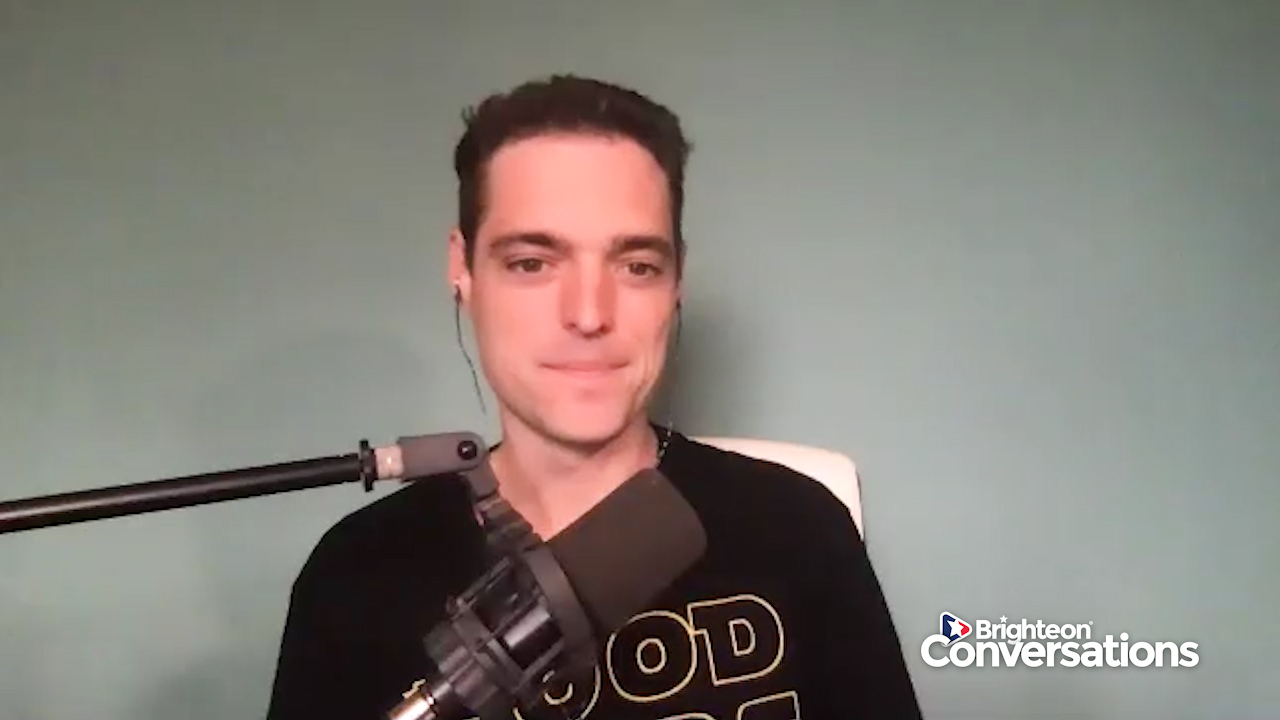Senate Democrats block COVID-19 relief bill using filibuster
09/13/2020 / By Ramon Tomey

Democrat senators in the U.S. Senate used the filibuster measure Sep. 10 to block a “skinny” pandemic relief bill endorsed by their Republican counterparts, shooting down a much-needed stimulus package for Americans weathering the effects of the coronavirus pandemic.
The Sep. 10 session might be the last time such a relief bill will be discussed in Congress, as most lawmakers will focus on wrapping up much-needed legislation before focusing on the presidential and congressional elections in November.
In addition, both parties are in a deadlock about how much money should be allocated for stimulus relief. GOP lawmakers originally intended a $1 trillion bill, while Democrats have insisted on a bigger $3 trillion bill which passed in the U.S. House of Representatives in May.
The Delivering Immediate Relief to America’s Families, Schools and Small Businesses Act introduced by Senate Majority Leader Mitch McConnell was defeated in a 52-47 vote, short of meeting the 60 votes needed to break the Democratic filibuster. Breaking the filibuster required three-fifths of the lawmakers present to agree to end the debate and allow a final vote. Sen. McConnell’s bill called for $300 billion for coronavirus relief – which was a “skinny” fraction of the original amount.
However, the relief bill by Sen. McConnell did not include separate initiatives such as a second round of direct federal payments to households, bailouts for U.S. airlines and extra aid for state and local government.
Kansas Sen. Pat Roberts, a Republican, told reporters the voting on the bill was at “a sort of a dead-end street.” He added that Congress had “a pandemic of politics” happening alongside the coronavirus pandemic.
Meanwhile, Iowa Sen. Chuck Grassley said more financial relief reaching Americans before the election would be very unlikely despite talks between Democrats and the White House. Sen. Grassley, another Republican, commented that both “don’t want to get to an agreement” and unless one side yields, “it’s going to be a loss for the American people.”
In a Sep. 11 tweet, Sen. McConnell expressed his disappointment over the blockage of his failed bill and commented that Senate Democrats had a clear goal of not helping American families before the election.
Democrats to abolish the filibuster measure if they win in November
Aside from blocking Sen. McConnell’s pandemic relief bill, Democrat lawmakers have used the filibuster to block an earlier GOP bill filed in June that aimed to reform law enforcement departments because “it did not go far enough to address racial inequality.” The earlier bill introduced by South Carolina Sen. Tim Scott included bans on the use of chokeholds, penalties for failing to use body cameras and increased requirements for no-knock warrants
However, a similar Democrat-sponsored police reform bill that proposed more overarching reforms that could possible undermine law enforcement was unanimously approved in the U.S. House of Representatives – that had a majority of Democrat lawmakers.
This might be the last time the filibuster will be used – as the Democrats are planning to eliminate the measure from the legislative process. With the filibuster out of the way and both chambers of Congress under their control, nothing can stop the Democrats from railroading bills unfavorable to the American people.
Former President Barack Obama called to remove the filibuster measure during his eulogy for the late Georgia Rep. John Lewis, calling it a “Jim Crow” relic.
A CBS News piece about the measure mentions its use by Southern senators to block civil rights legislation. S.C. Sen. Strom Thurmond used the measure in 1957 to protest the passage of a civil rights bill. Sen. Thurmond spoke for 24 hours and 18 minutes, the longest one so far. Seven years later, West Virginia Sen. Robert Byrd spoke for 14 hours and 13 minutes in 1964 to block the Civil Rights Act.
However, the filibuster is not just simply a measure to block possible bills unfavorable to Democrats – just like what was done with the bills introduced by Sens. McConnell and Scott.
In the same CBS News article, University of Miami political science Professor Gregory Kroger cited two reasons why the filibuster is important. First, it allows senators to block possible laws that they consider detrimental to their subjects – giving minorities a voice to question legislation unfavorable to them. Second, the filibuster forces senators from different parties to negotiate possible changes in policy – leading to moderate outcomes.
Unfortunately, Democrats do not see the value of the filibuster unless it suits their needs. They are concerned about grabbing power, holding on to it and getting rid of anything that stands in their way: President Donald Trump and the rest of the Republicans. With Democrat House Speaker Nancy Pelosi declaring Republicans to be “enemies of the state,” her party-mates will definitely pull out all the stops to ensure that President Trump won’t have a second term.
Find out more news about attempts by Democratic politicians to block much-needed laws at VoteDemocrat.news.
Sources include:
Tagged Under: bailout money, coronavirus relief, COVID-19 relief, democrats, filibuster, finance, government, House of Representatives, legislation, pandemic, relief bill, risk, Sen. Mitch McConnell, stimulus package



















